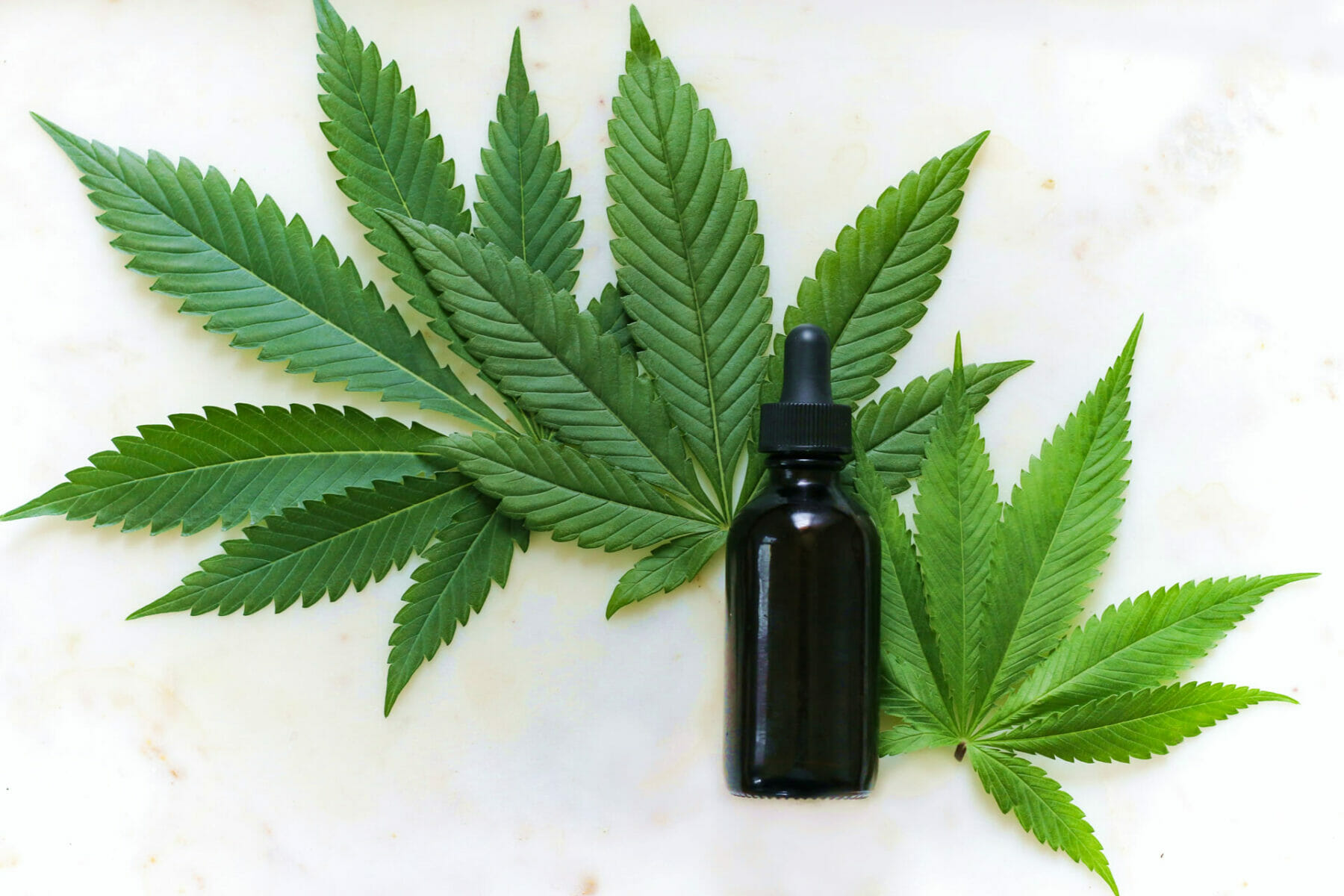CBD Oil Explained
Educational Information For Novice Users About CBD
You've probably heard about CBD, especially if you suffer from a chronic condition like pain or anxiety. Individuals in the healthcare profession testify by it. It has caught the interest of experts. It has frightened state regulators. And the shareholders are overjoyed. CBD oil is the newest medicine.
Just several years ago, almost no one had heard of CBD oil. It is now in limited supply. CBD oil is used as a natural remedy by millions of people. But, what exactly is it? What is the source of it? How can it be created? And how should you understand before purchasing it?
Cannabis includes a diverse set of chemicals, each with a unique set of characteristics. Many, though not all, are effective treatments. Consequently, many, although not all types are permitted in other regions. This article will explain CBD oil, how it can help people's health, how to use it, any potential hazards, and its legal position.
What Is CBD Oil?
Cannabidiol oil, sometimes referred to as CBD oil, is a cannabis-derived medical substance. Cannabidiols constitute a significant component of the essential compounds found in cannabis. On the other hand, CBD oils do not contain THC, the component in cannabis that causes you to get "high." Researchers have studied CBD’s potential medicinal applications.
CBD, on the other hand, is not psychotropic. It does not affect a user's mental state when used. It could, however, cause considerable physiological changes and demonstrate some significant medicinal advantages.
How Does It Work?
CBD oil influences brainwave activity, although not in the manner that THC, marijuana's central intoxicating element, does. CBD oil works by interacting with signaling pathways known as CB1 and CB2 to relieve pain and swelling.
Furthermore, CBD's anti-inflammatory actions may aid in slowing or stopping the progression of RA, which causes long term damage to your joints. These benefits may help several other inflammatory-related RA complaints, such as tiredness and discomfort.
How Is It Used?
CBD oil is available both in fluid and pill form. Anyone may take medication or mix CBD oil with meals or drinks. To relieve stiff, body aches joints, combine CB mixed with your favorite moisturizer and massage it straight to your body. Consult your doctor to determine the optimal dose for you. It is preferable to start with a little dosage and see how your body responds. If you don't experience any adverse effects, you may gradually increase your dose.
Be sure it comes from a reputable source and has a complete list of components when selecting any. You may also use CBD oil externally, and several creams and lotion formulations are now available for purchase.
Are There Any Side Effects?
CBD oil has no significant possible adverse effects. Nevertheless, you may encounter minor side effects, mainly if you take it for the first time. These adverse effects are more severe if you use RA medications for an extended period.
If you're thinking about using CBD, you should first consult a doctor. CBD may interfere with any drugs or substances you are currently using.
CBD and citrus both interfere with drug-metabolizing enzymes, such as interacting with enzyme drugs or substances, including a grapefruit warning. Proceed with caution.
Consuming CBD-rich cannabis extracts was connected with an elevated risk of chronic damage in mouse research. Nevertheless, a few research animals had already force-fed very vast doses of the substance.
Is It Legal?
Cannabis and cannabis-derived items, including CBD oil, are allowed in some regions of the United States for medical or recreational purposes.
If cannabis is only allowed for therapeutic use in your state, you'll need a prescription from a doctor before you can even buy CBD oil. If commercial cannabis use is legal, people ought to buy CBD oil at shops or perhaps even on the internet.
Side Effects
The side effects for using CBD oil, according to a 2018 research, include:
- persistent discomfort
- arthritis or joint discomfort
- levels of psychological distress
- a sleeping problem
- migraines clusters and other types of headaches
- PTSD (post-traumatic stress disorder) (PTSD)
- malignancy, sensitivities, or asthmatic, epilepsy, and other neurological diseases
- MS (multiple sclerosis) (MS)
- pulmonary diseases
- Parkinson's disease (PD)
- brain cancer illness
Conclusion
Although cannabis is illegal and investigation is restricted, there is very little data from human testing to demonstrate the advantages of CBD oil. Nevertheless, with the legalization in several parts of the world, a study in this field is gathering steam.
CBD is one of several distinct compounds found only in the Cannabis plant. CBD oil typically includes modest quantities of the cannabinoid tetrahydro (THC), the chemical responsible for the 'peak.'
People have reported utilizing CBD oil to treat several medical ailments without being intoxicated from THC. In general, most individuals handle CBD well and have few significant adverse effects.
So far, research into the advantages of CBD oil for persons with RA has been positive. Nevertheless, more considerable human analysis is required to understand its impacts thoroughly. Please remember that the FDA has not authorized CBD oil, and it is still illegal in many states.








